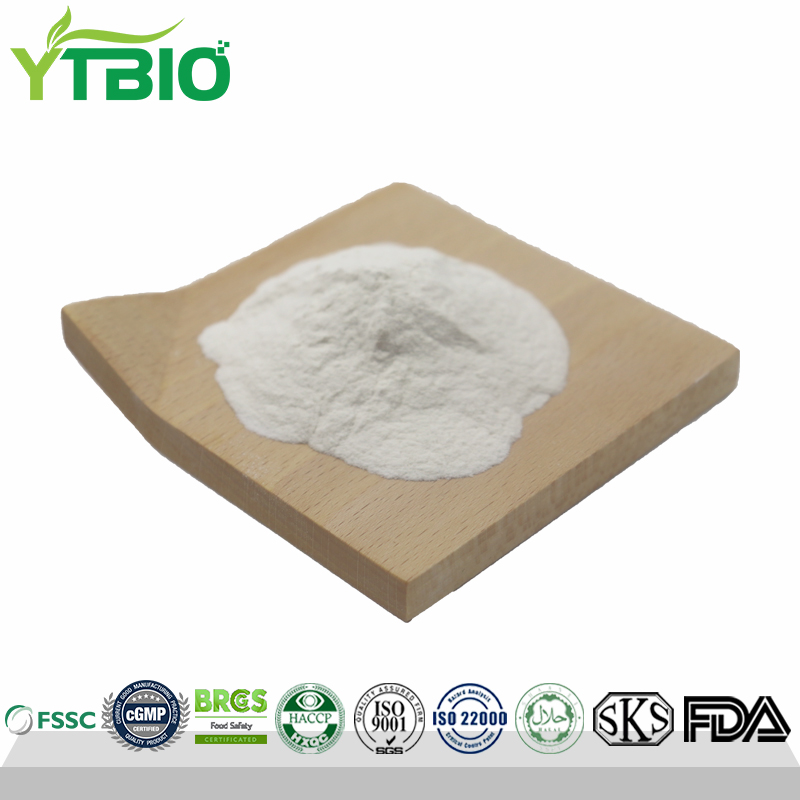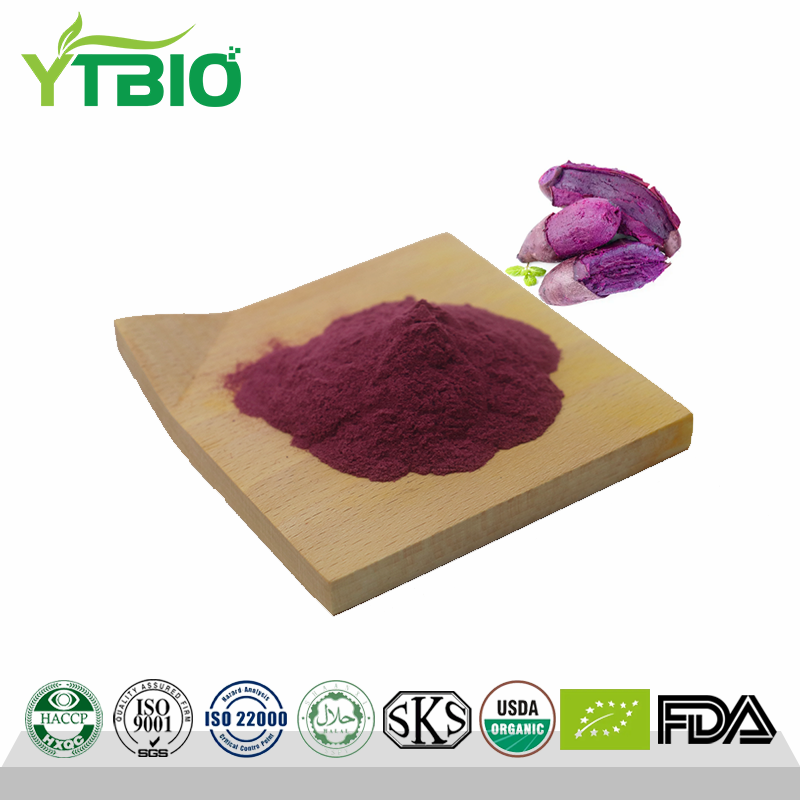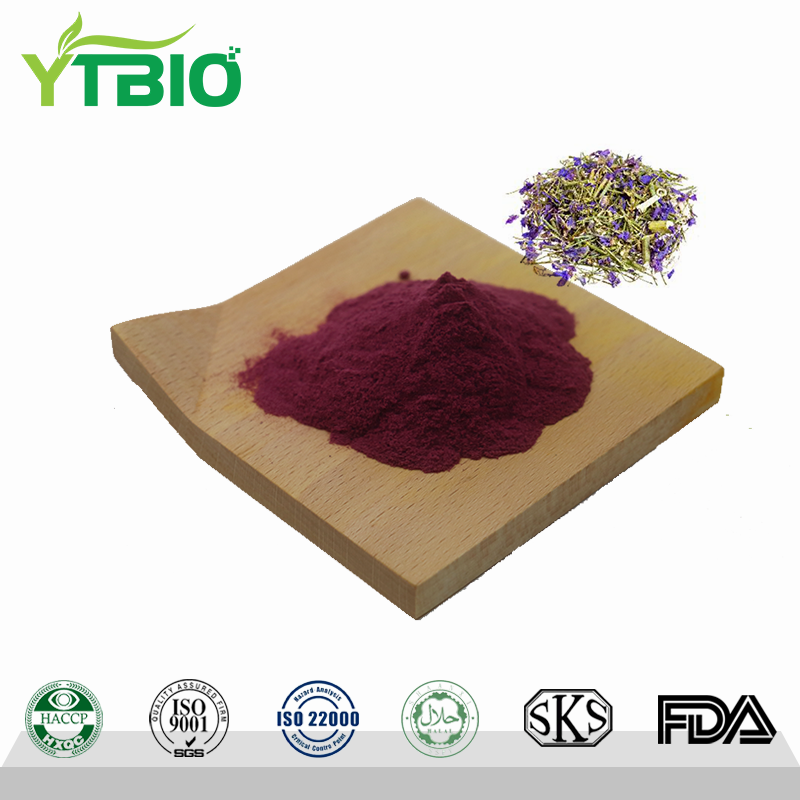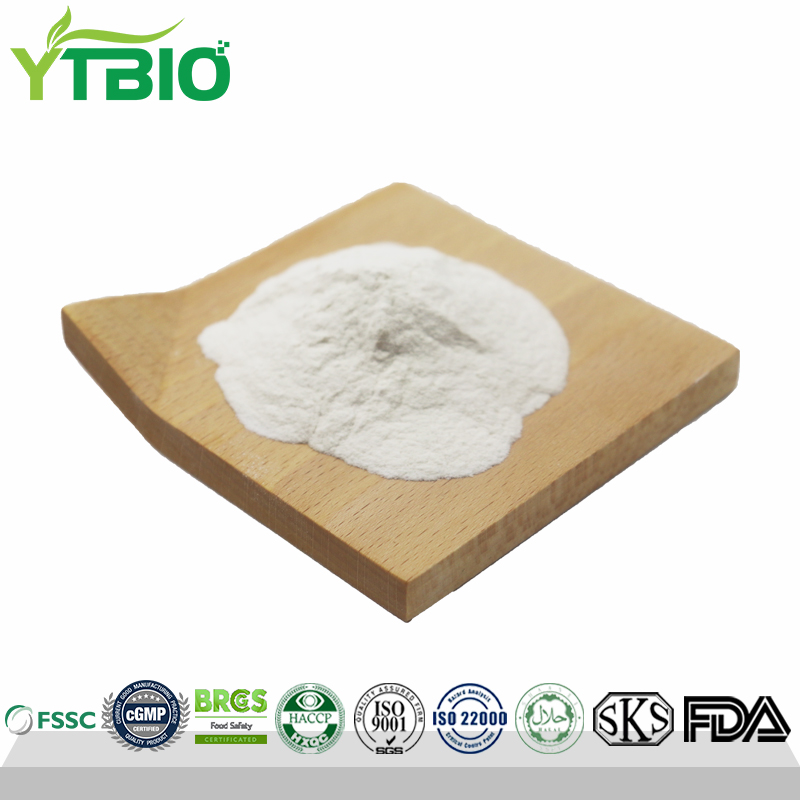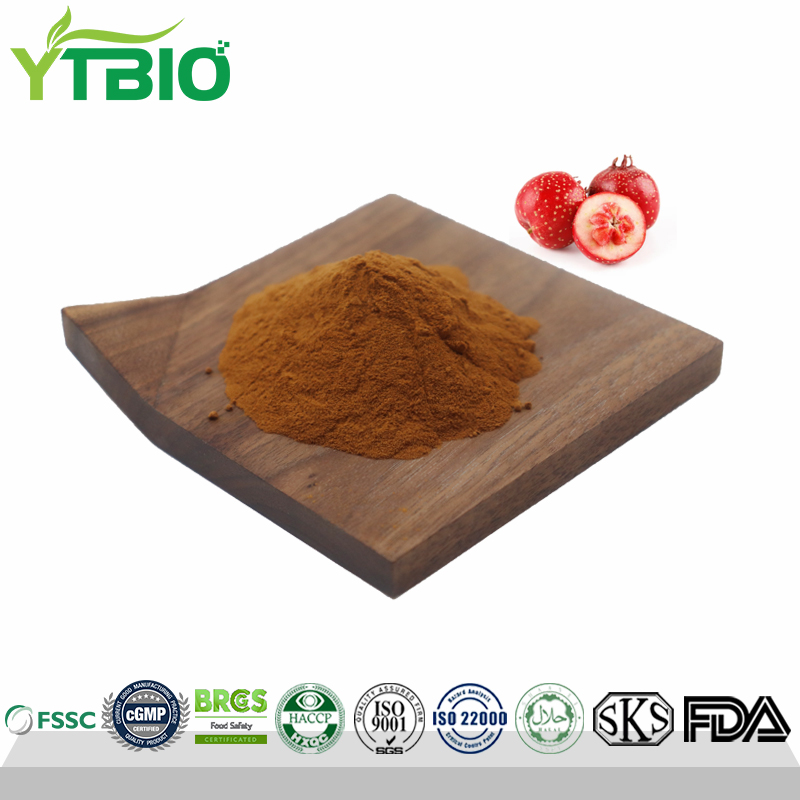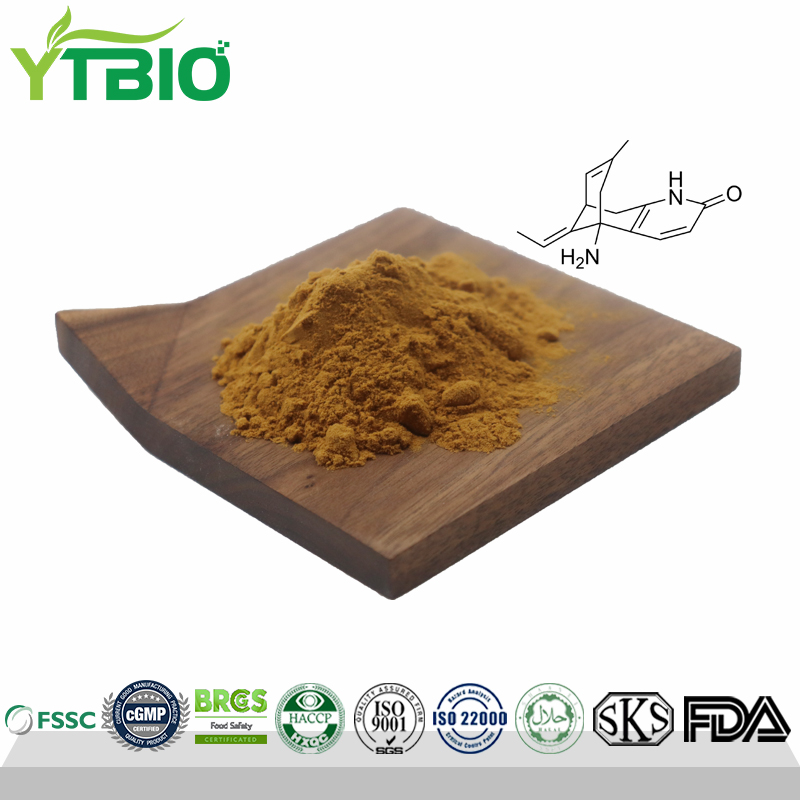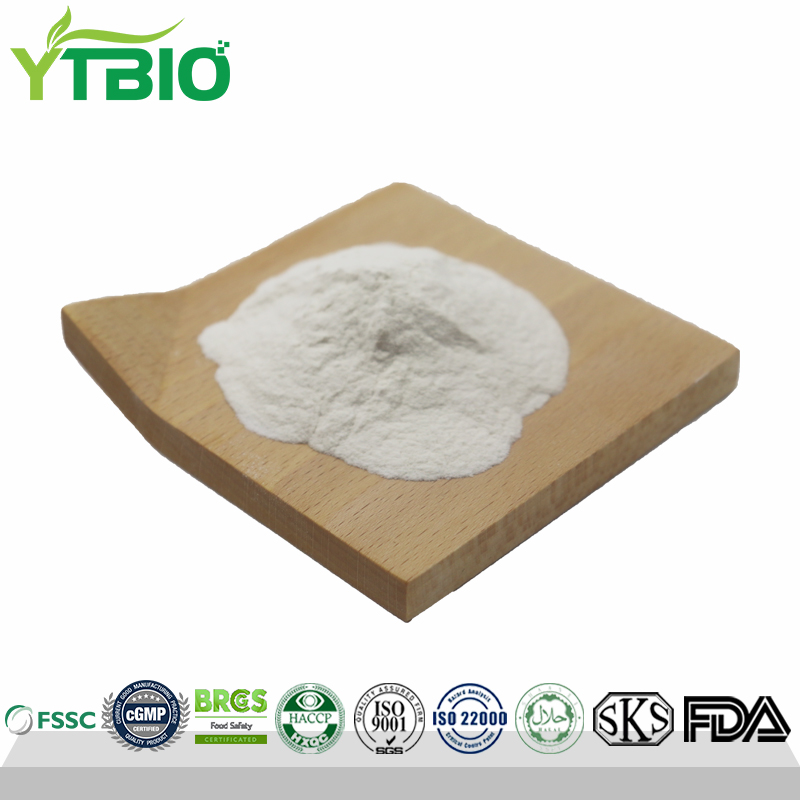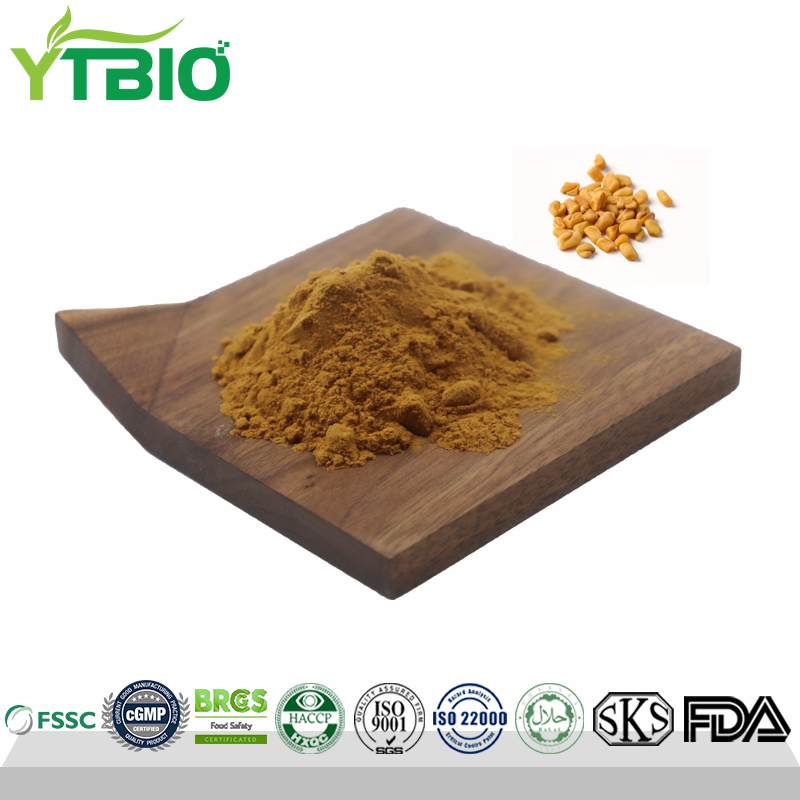99% Caffeic Acid Phenethyl Ester Powder CAS 104594-70-9
What is Caffeic Acid Phenethyl Ester?
Caffeic Acid Phenyl Ester—the active ingredient in propolis
Caffeic acid phenyl ester powder (CAPE) is the primary active ingredient in propolis and possesses unique physiological benefits in terms of antioxidant, anti-inflammatory, and immunomodulatory properties.
CAPE contains an 0-dihydroxy (catechol) phenyl structure, a common free radical scavenger. Furthermore, the presence of two ortho-phenolic hydroxyl groups gives the benzene ring a high electron density, making it susceptible to auto-oxidation and coloration. The 0-dihydroxybenzene ring structure plays a crucial role in the antioxidant activity of flavonoids.
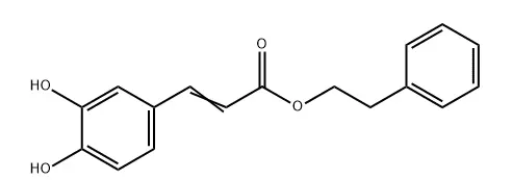
Main effects of caffeic acid phenethyl ester
Caffeic acid phenethyl ester has a wide range of physiological and pharmacological activities. It has antioxidant, anti-inflammatory, antiviral, and immunostimulatory properties.
· Anti-inflammatory effect
Caffeic acid phenethyl ester has significant anti-inflammatory effects. CAPE has anti-inflammatory effects on acute and chronic typical inflammation, formaldehyde-induced and antigenic enhancer-induced arthritis, edema inflammation or air sac inflammation induced by carrageenan and prostaglandin E2, and granuloma transplantation. This property makes it potential in relieving pain and swelling caused by inflammatory diseases such as arthritis.
· Antioxidant effect
As a powerful antioxidant, CAPE can scavenge free radicals and protect cells from oxidative damage, which helps prevent a variety of chronic diseases and may play a role in anti-aging processes.
· Immunomodulatory effect
CAPE also has immunomodulatory effects, which can change the cell structure of the immune organs thymus and spleen in the inflammatory body, while reducing the weight of the thymus, and CAPE can directly or indirectly reduce the number of T cells.
· Cardiovascular regulation effect
Caffeic acid phenethyl ester has the possibility of a dual mechanism of action on blood vessels. On the one hand, it activates NO release at low concentrations, and on the other hand, it can block the exchange of calcium ions inside and outside cells at high concentrations. These results suggest that CAPE and propolis have potential preventive value and can effectively avoid complications after resection of the thoracic and thoracoabdominal aorta.
· Neuroprotective effect
CAPE can counteract neurotoxicity and protect neurons from damage. This property makes it potentially useful in the treatment of neurodegenerative diseases such as Parkinson's disease.
· Other effects
CAPE can inhibit the activity of HIV-1 and the formation of reactive oxygen anions (superoxide) produced by the auto-oxidation of β-mercaptoethanol. CAPE also showed significant inhibition of xanthine oxidase activity and anti-lipid peroxidation.
Main Application of Caffeic Acid Phenethyl Ester Powder
·Medicine
CAPE is often used as an auxiliary ingredient in the treatment of arthritis and inflammatory diseases due to its significant anti-inflammatory and neuroprotective effects. It helps relieve pain and swelling and improves the quality of life of patients by inhibiting inflammatory responses. The neuroprotective effect makes it effective in Parkinson's disease and Alzheimer's disease, and it may slow the disease process by reducing neuroinflammation and protecting neurons from damage.
·Health products
As a powerful antioxidant, CAPE helps to scavenge free radicals, protect cells from oxidative damage, enhance the body's immunity, and prevent chronic diseases.
·Cosmetics
CAPE is widely used in skin care products due to its ability to promote skin cell regeneration and repair. It helps to accelerate wound healing, improve skin condition, and make the skin healthier and more elastic. As an antioxidant, it can resist free radical damage to the skin, slow down the skin aging process, prevent the formation of wrinkles and spots, and is often used in anti-aging cosmetics. At the same time, C can enhance the skin's protection against ultraviolet rays, reduce skin damage caused by ultraviolet rays, and provide protection for the skin.



